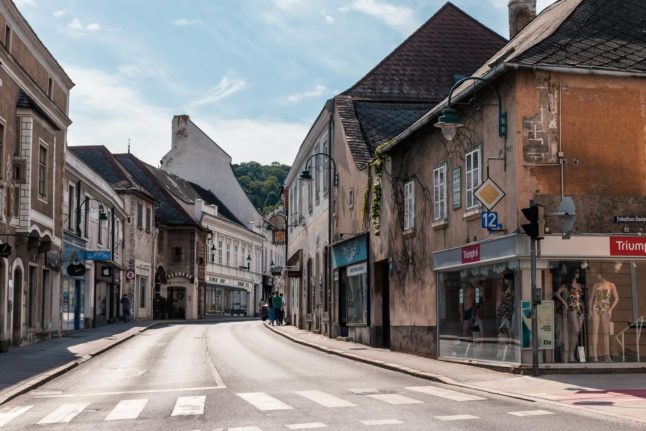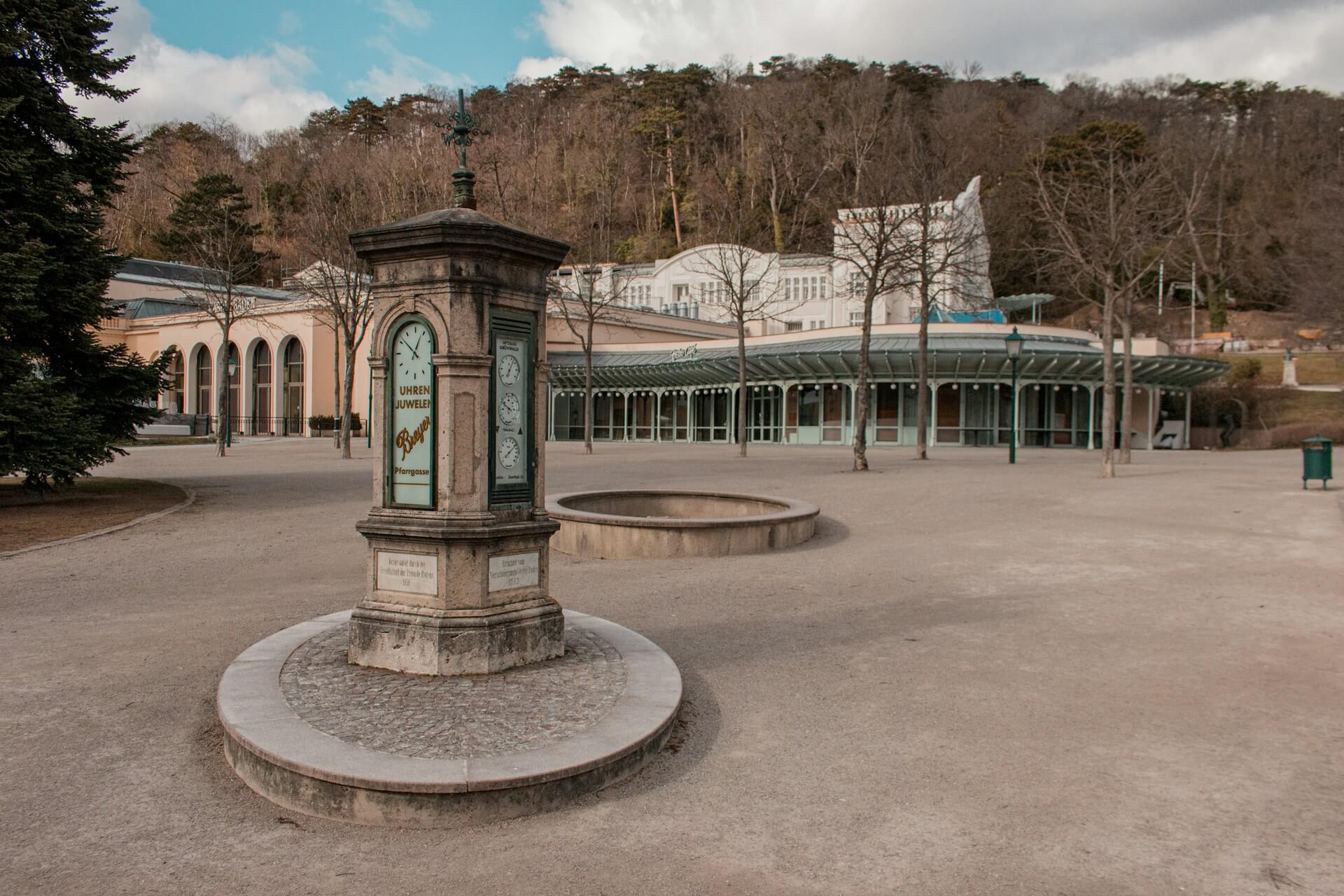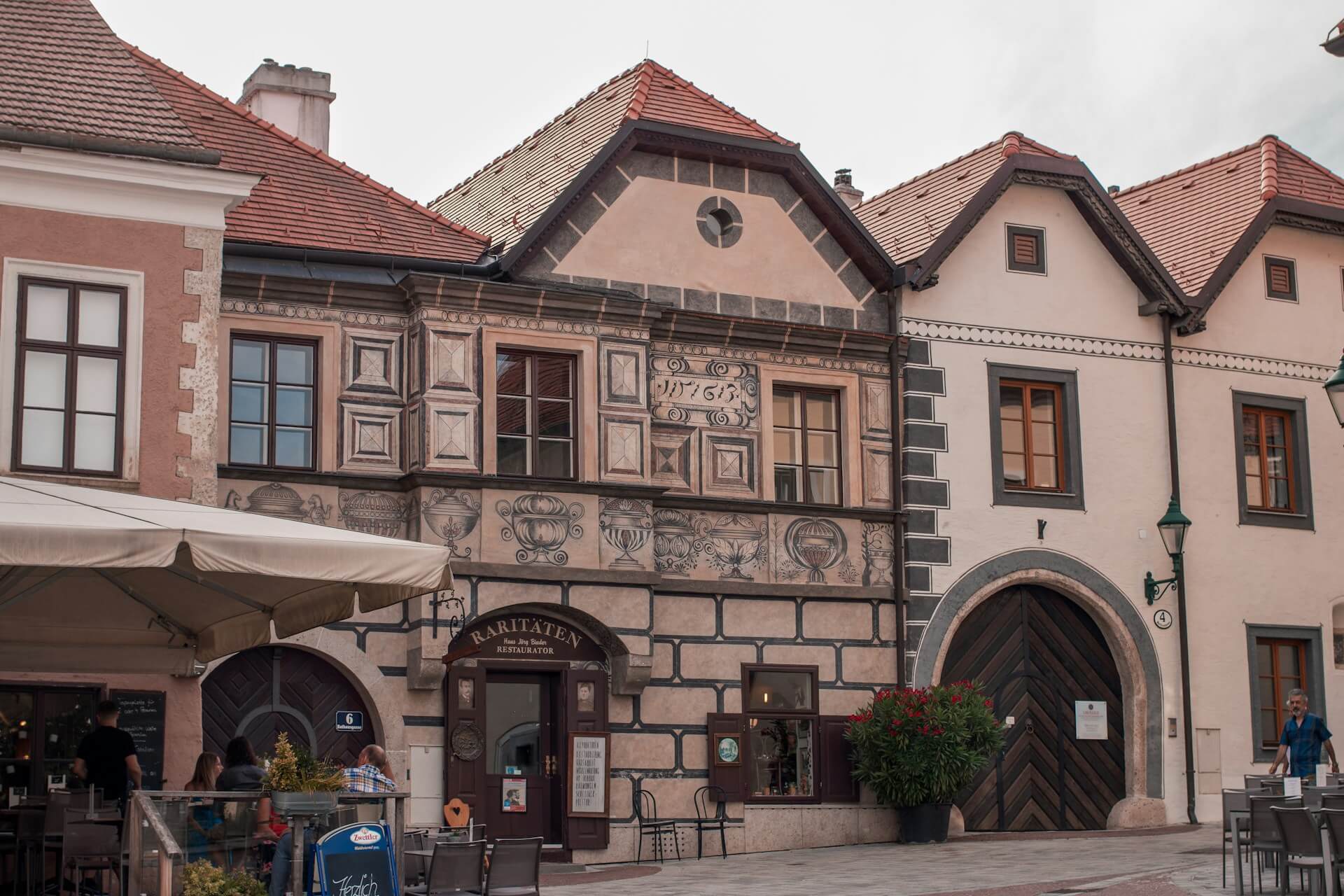Even if you work in an English-speaking job in Austria, you’re still likely to have to navigate some bureaucracy in German from time to time. That can start with understanding your initial employment contract and end with handing in your notice – or in worse situations, being laid off.
While Austria has some of the strongest employment rights in the world, it’s important to know the lingo, especially as a foreigner. That’s because different ways of quitting your job – or being fired – could have a big impact on your rights and what you’re entitled to, for example, how soon you are able to claim employment benefits.
So if you’re wondering about the different ways to terminate a job contract, these are the key terms to know and what they mean for you and your employer.
Termination during the probationary period (Auflösung während Probezeit)
New employees hired by a company in Austria can be given a probationary period of up to a month in order to test whether they are a good fit. During this time, either the employer or the employee can decide to terminate the contract without giving a specific reason.
It’s worth noting that longer probations are sometimes set out in your employment contract – but the two parties can only terminate the employment without providing a reason within the first month of this, as set out by law.
Even during the probationary period, as well, there are illegal grounds for letting someone go. If you suspect that the termination was discriminatory – i.e. if it was due to prejudice against your race, religion or sexuality – then you have grounds to either contest the termination or claim for damages.
Termination by mutual consent (Einvernehmliche Auflösung)
The mutual termination of the work contract – otherwise described as an ‘amicable solution’ – involves both you and your employer determining a date when your employment contract will end.
This can be initiated by the employer or by you, and doesn’t generally need to be put in writing – although it’s advisable to do so in order to make sure there aren’t any misunderstandings and you have concrete evidence of what has been agreed.
It can also be worth discussing this with the Arbeiterkammer, or Chamber of Workers, in order to make sure you aren’t put at a disadvantage by what you agree to. For example, your boss may try to use the agreement to lower the notice period required, which could make it difficult to make other arrangements before your job ends.
It’s also worth noting that there are some special carve-outs for certain type of workers, including mothers, fathers and pregnant women and those under the age of 18. In these cases, agreements often have to be put in writing or checked over by labour representatives before they are valid, so if you think this may apply to you, be sure to seek advice from your works council or union.
READ ALSO: EXPLAINED: How long can you stay in Austria if you lose your job?
Quitting or Dismissal (Kündigung)
If you decide that the job just isn’t for you, you may want to hand in your notice in a process known as a Kündigung. On your employer’s side, they can also decide to terminate the employment relationship without a special reason, though they will have to observe certain deadlines and notice periods. These can range from six weeks to five months, depending on how long you have been with your employer.
In most cases, employees can get away with simply giving a month’s notice. Though this can be extended, it shouldn’t ever be longer than the notice period for your employer.
Unless something else has been agreed in your contract – or you’re entitled to special protection – a Kündigung can be made in written form or verbally. Some contracts may specify that written notice is required, however.
Some labour rights experts also recommend putting your resignation in writing in order to have proof of when it was submitted.

Getting fired (Vorzeitige Entlassung)
In the case of very serious offences, your employer can choose to terminate your contract with immediate effect – but this has to be proportionate to the offence committed.
There are a range of reasons an employer can fire an employee in Austria, including:
- Repeated refusal to permit their duties without a good reason (i.e. illness)
- Moral or ethical offences like theft, bodily harm or embezzlement against the employer or colleagues
- Setting up a rival commercial enterprise without the employer’s permission
- Falsifying documents or knowingly deceiving the employer during the hiring or employment process
- Serving a prison sentence of longer than 14 days
In companies with a works council, your boss will need to inform the council of any dismissal immediately. This would then be checked over by labour rights experts to check everything is above board.
In a fair dismissal, the employer will also need to calculate a final financial entitlement, which will include any wages until the end of the employment relationship, holiday time, etc. In the case of an unfair dismissal, you would be entitled to compensation, though any claim will need to be made within a specific time frame.
READ ALSO: EXPLAINED: When can I get a day off work in Austria?
Early resignation (Vorzeitige Austritt)
An early resignation takes place when the employee unilaterally decides to resign with immediate effect and notifies their employer of this. Much like employers must have a good reason for firing an employee, an employee must also have a good reason for resigning immediately and bypassing the normal deadlines and notice periods.
This can include, but isn’t limited to, the following reasons:
- The employee is unable to continue working and cannot do without endangering their health
- The employer refuses to pay the employee or is unable to do so
- The employer physically assaults the employee
- The employer breaches the fundamental terms of the contract, i.e. by docking their worker’s salary
- The employer tries to incite the employee to commit a crime
If you’re unsure if you have the right to resign early, seek advice from your union, works council or HR department – and make sure you keep a record of anything that could justify an immediate resignation.

Expiry of contract period (Zeitablauf)
If you have a contract that specifies a specific end date – for instance, because you are covering for another employee during their maternity leave or conducting seasonal work – the employment relationship simply ends through the expiry of the contract, or Zeitablauf.
It’s important to note that Austrian employment law has clauses that protect workers from abuse of this rule. For example, if your boss repeatedly gives you fixed-term contracts for no good reason (known as Kettenarbeitsverhältnisse or chain employment relationships), the contract automatically becomes unlimited and the usual legal notice periods apply once again.
READ ALSO: Can I work for my foreign employer as a self-employed person in Austria?
Termination during maternity or parental leave (Beendigung während Mutterschutz und Karenz)
Workers in Austria have a special set of protections when they are pregnant or on parental leave. This includes Kündigungsschutz – or protection from dismissal – during the entirety of the pregnancy and for at least four months following the birth.
This prevents employers from trying to avoid paying maternity and parental leave by simply dismissing pregnant workers.








 Please whitelist us to continue reading.
Please whitelist us to continue reading.
Member comments